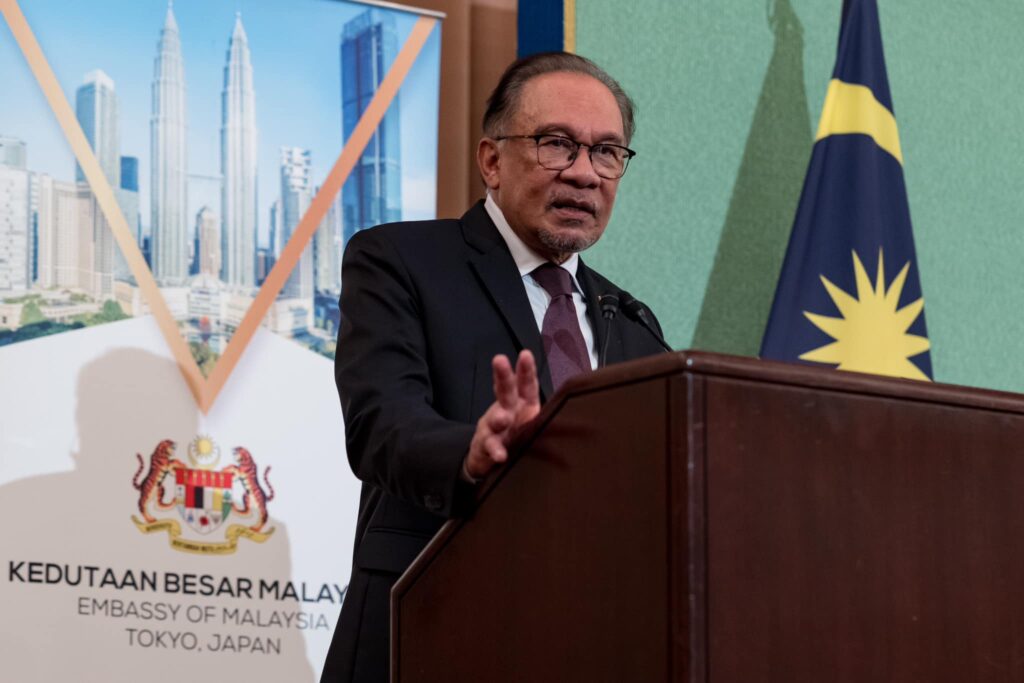
by Dr Rahim Said
Prime Minister Datuk Seri Anwar Ibrahim’s recent lament over the pervasive hate politics in Malaysia is both a sobering reflection and a rallying cry.
During a speech at the Finance Ministry’s monthly assembly, Anwar poignantly described the vitriol that saturates the nation’s political landscape, stating, “The hate politics is too strong in this country.”
His words resonate deeply, capturing the essence of a government under siege not by foreign adversaries but by internal discord. Anwar’s critique points to a disturbing trend: a political culture increasingly defined by animosity and misinformation.
This toxic environment threatens to undermine not just individual leaders but the very fabric of democratic governance.
Anwar’s personal experiences serve as a stark illustration. Despite forgoing a salary and committing to a firm anti-corruption stance, he finds himself besieged by insults and accusations. His relationships, such as his support for Hamas, have been weaponised against him, and his involvement in the BlackRock deal has led to spurious claims of being an Israeli agent.
These attacks, grounded more in emotion than fact, highlight a broader issue: the weaponisation of hatred and misinformation in Malaysian politics.
Yet, Anwar’s response is resolute. “But should it bother us? Not at all,” he asserts.
This defiance is crucial. It signals a government committed to its principles and undeterred by the cacophony of hate. The administration’s resolve to press on despite the vitriol is a testament to its commitment to governance and reform.
However, the implications of this hate politics are profound. For Anwar’s government, the challenge is two-fold: navigating the immediate impact of political hostility while fostering a long-term strategy to heal and unite a divided nation. This dual approach requires resilience, transparency, and an unwavering dedication to truth and justice.
Firstly, navigating the immediate impact means reinforcing the government’s policies with clear, factual communication. The accusations and insults hurled at Anwar often stem from misinformation.
By maintaining a transparent and open dialogue with the public, the government can counteract false narratives and build a more informed citizenry.
Secondly, fostering national unity demands a concerted effort to address the root causes of political hatred. This involves promoting political education, encouraging respectful discourse, and implementing policies that bridge societal divides.
Anwar’s emphasis on fighting corruption and maintaining international relationships must be framed within a broader vision of national integrity and global cooperation.
Moreover, the government’s stance on issues like the BlackRock deal needs to be contextualised within Malaysia’s strategic interests. The accusations of being an Israeli agent are baseless and merely distractions from the real economic and political benefits such collaborations can bring.
By articulating these benefits clearly, the government can shift the narrative from one of suspicion to one of opportunity.
In conclusion, Anwar’s government faces a daunting challenge: governing amid a storm of hate politics. Yet, this adversity also presents an opportunity to demonstrate resilience, integrity, and a commitment to the nation’s well-being.
By staying true to its principles and communicating effectively with the public, Anwar’s administration can navigate the turbulence and work towards a more united and prosperous Malaysia.
The path ahead is fraught with difficulty, but with steadfast leadership, it is a journey worth undertaking.
Dr. Rahim Said is a human behaviourist and regular contributor on digital media platforms. He is a professional management consultant, a corporate trainer and an executive coach specialising in coaching of senior executives and individual entrepreneurs with the purpose of modifying their behaviour in the pursuit of their cherished missions. (The views expressed by our columnist are entirely his own)
WE